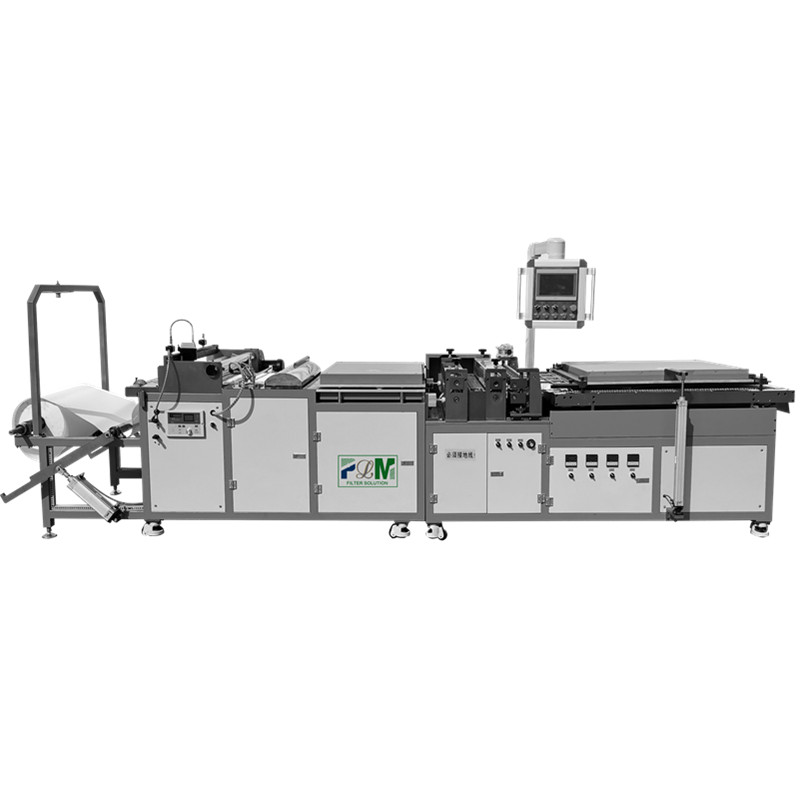Nov . 24, 2024 13:56 Back to list
filter media
The Role of Filter Media in Water Treatment and Environmental Management
In an age where environmental concerns are pressing, the quality of water is more significant than ever. Water treatment processes need to be reliable and efficient, which is where filter media comes in. This specialized material plays a crucial role in various filtration systems, purifying water and ensuring its safety for consumption and use. In this article, we will explore the types of filter media, their applications, and the importance of maintaining high standards in water treatment processes.
Understanding Filter Media
Filter media can be defined as any material that facilitates the removal of contaminants from water through the process of filtration. This process can be physical, chemical, or biological, depending on the nature of the contaminants and the desired quality of the effluent. The choice of filter media can significantly affect the efficacy of water treatment systems, whether they are intended for drinking water, wastewater, or industrial applications.
Common types of filter media include sand, gravel, activated carbon, membranes, and advanced synthetic materials. Each type serves specific functions depending on the filtration needs. For instance, activated carbon is widely used to remove organic compounds and chlorine, thereby improving the taste and odor of drinking water. Sand filters, often utilized in municipal water treatment plants, are excellent at trapping larger particles and microorganisms.
Applications of Filter Media
Filter media finds applications across various sectors, including municipal water supply, industrial wastewater treatment, aquaculture, and even in personal water filtration systems such as pitcher filters and under-sink units. In municipal water treatment plants, filter media is critical to meeting safety standards mandated by regulatory bodies. The removal of pathogens, pollutants, and other hazardous substances ensures that the water supplied to communities is safe for consumption.
In industrial settings, filter media helps in recycling and reusing water, reducing the total waste produced. This is particularly important in industries such as food and beverage, pharmaceuticals, and textiles, where water quality can directly impact product quality. Furthermore, in aquaculture, filter media is used to maintain an optimal environment for aquatic species, ensuring their health and growth.
filter media

Environmental Significance
The environmental implications of effective water treatment using filter media cannot be overstated. Contaminated water sources contribute to health issues, ecological damage, and reduced biodiversity. By utilizing appropriate filter media, we can prevent the release of harmful substances into natural water bodies, thus protecting ecosystems and the species that inhabit them.
Furthermore, the use of filter media in water treatment is aligned with sustainable practices. For instance, using natural filter media like sand and gravel minimizes the carbon footprint associated with water treatment processes. Employing advanced filter technologies can also lead to water reclamation and the ability to reuse treated water, significantly conserving this precious resource.
Challenges and Future Directions
Despite the importance of filter media, challenges remain in ensuring its optimal performance. Issues such as clogging, bacterial growth, and the degradation of filter materials can affect treatment efficiency. Regular maintenance and monitoring are essential to ensure that filter media operates effectively throughout its lifespan.
Looking ahead, research and technological advancements in filter media will likely focus on enhancing performance and sustainability. Innovations, such as bio-based filters or nanotechnology, hold promise for improving contaminant removal rates and reducing the energy required for water treatment processes.
Conclusion
In summary, filter media is an indispensable component of modern water treatment systems, contributing to the safety and sustainability of our water resources. By understanding the various types of filter media and their applications, we can appreciate their role in preserving the quality of our water supply and, by extension, our environment. As we strive towards better water management practices, the ongoing development and maintenance of effective filter media will remain a priority for future generations.
-
High-Efficiency Active Carbon Air Filter for Air Purifier | Odor & Allergen Removal
NewsJul.23,2025
-
Active Carbon Air Filter for Air Purifier – High Efficiency Filtration Solution
NewsJul.22,2025
-
Durable Sintered Porous Metal Filter Tube Cup & Machines
NewsJul.22,2025
-
Effective Active Carbon Air Filter for Purifiers | Eliminate Odors
NewsJul.21,2025
-
PLJT-250-25 Full-auto Turntable Clipping Machine | Efficient Automation
NewsJul.20,2025
-
Cheap PLJY109-500 Full-Auto HDAF Expanded Mesh Spiral Coiling Machine - High Efficiency & Quality Manufacturer
NewsJul.08,2025
